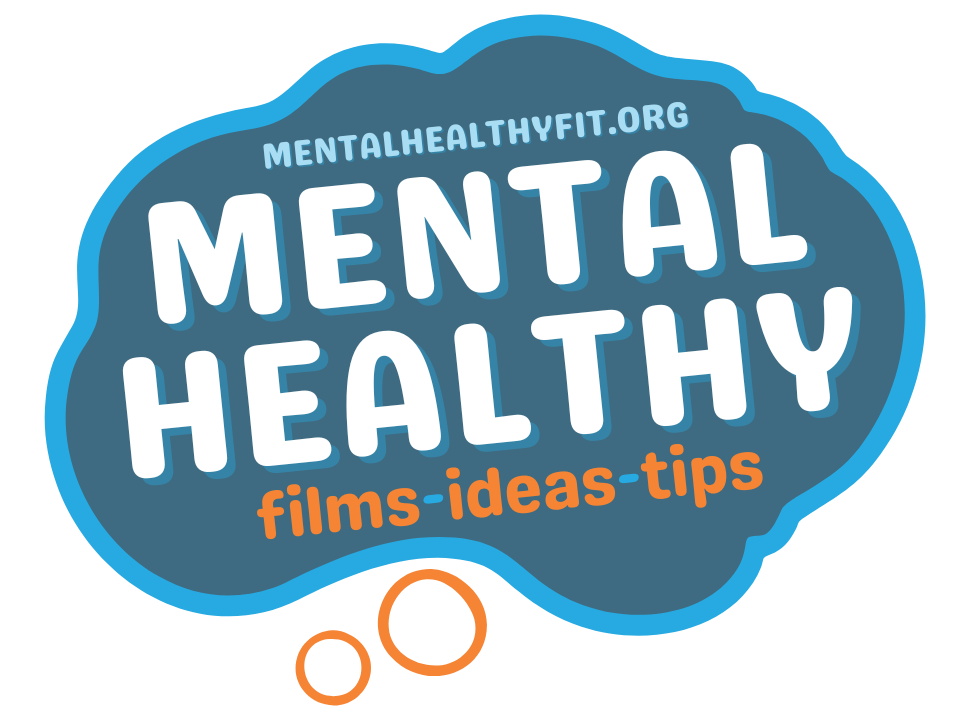ANGER - Intermittent explosive disorder (IED)
Intermittent explosive disorder (IED) is an impulse-control disorder characterized by sudden episodes of unwarranted anger. The disorder is typified by hostility, impulsivity, and recurrent aggressive outbursts. People with IED essentially “explode” into a rage despite a lack of apparent provocation or reason.
Anger
eat someone alive
Creator - Belinda purdum
Before the monster reveals itself
Human emotions are the wonderful aspects and assets of life. Without emotions, our life would be so mundane and colorless, isn’t it? Technically there are six basic emotions (viz. happiness, sadness, fear, anger, disgust and surprise), but in practical life we tend to experience innumerable hues and shades of emotions. In short, emotions are the colors that give expression and meaning to the entire fabric of your life.
Problems arise when emotions start controlling you, rather than you controlling your emotions. Among all the emotions that I said above, anger is the emotion that can have devastating effects on the person, people related to him and his surrounding as a whole. Anger not only harms your body and mind but is also a potential threat to the safety and emotional world of others. If not managed properly, anger leaves a deep imprint on you, your loved ones and the ones who became the innocent victim of your anger. Therefore, if you feel that your anger is puffing up and is getting out of control, then it is best to try and work on anger management.
People always think that there is a certain age for something; it is easy to change or transform oneself during the early years of life and so on. But, in real life it is not like that. If you are determined to achieve something, then you will get all the strength to achieve that irrespective of your age, ethnicity, gender, etc. Determination and perseverance are the two guiding stars that help man to cross the deepest seas and climb the mightiest mountains of life.
What is out there to help?
First thing to know is that you are not alone. There are many people around you that will offer a helping hand if you reach out. Below are a few organizations that can help get you on the road to recovery.
National Anger Management. NAMA recognizes there are varied techniques and methods for effectively treating anger management and domestic violence problems and is therefore supportive of expanding the body of knowledge and effective (evidence based) solution models.
Association Of Anger Management Providers. Advancing The Field Of Anger Management
Century Anger Management. Our mission is to provide quality certified anger management training, certification and support to professionals and students in the following areas: mental health, substance abuse, corrections, education, law enforcement, human resources, domestic violence, and pastoral counseling and those that desire or need to work with angry and aggressive clients.
Treatment
- Therapies, Many therapeutic strategies are available to help you deal with anger issues. Some of these include: Cognitive behavioral therapy, Improvements in communication skills, Focus on problem-solving, Avoidance of problematic situations, Humor and self-deprecation
- Heart Coherence, Another promising technique is heart coherence training. By learning specific techniques to consciously monitor and alter their own heart rhythms, patients can reduce levels of stress hormones while increasing the mood-enhancing hormone dehydroepiandrosterone.
- Self-management strategies, such as "self-soothing". Many therapy techniques, including mindfulness, are helpful to ground a person and bring her back to reality after lossing control.
- Medication, Antidepressants such as Prozac, Celexa and Zoloft are commonly prescribed for anger issues. These drugs do not specifically target anger within the body, but they do have a calming effect that can support control of rage and negative emotion.
Anger can be controlled by learning to be positive and most of all release negative emotions.


